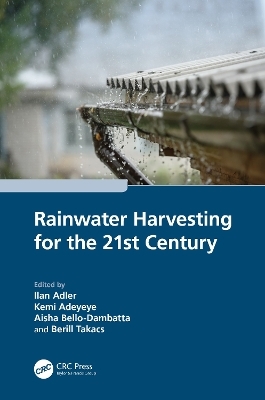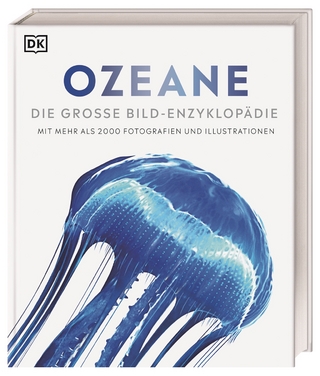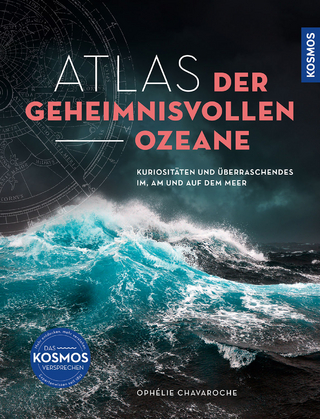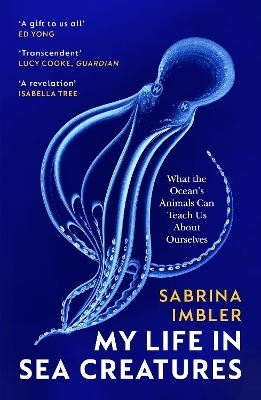
Rainwater Harvesting for the 21st Century
CRC Press (Verlag)
978-1-032-63808-9 (ISBN)
Access to water in many parts of the world is increasingly challenging due to scarcity, quality issues and lack of access to adequate supply infrastructure. Currently, over 2 billion people around the world experience high water stress, and about 4 billion people experience severe water scarcity for at least one month on an annual basis. Rainwater harvesting (RWH) is increasingly seen as both an excellent alternative source of water and a valuable climate change adaptation measure. However, large-scale adoption remains challenging in many parts of the globe. This book, Rainwater Harvesting for the 21st Century, serves as a rigorous yet practical guide for a broad audience interested in the many opportunities that RWH systems can provide, including water and food security, flood management and climate change adaptation. It comprehensively covers the state of the art in RWH with practical examples of cutting-edge research and innovation in the design, operation and maintenance of RHW systems from both academics and practitioners. Highlights include:
A comprehensive, transdisciplinary perspective of the latest advances in RWH techniques.
Examples and case studies from around the world.
Dr Ilan Adler is an associate professor in environmental engineering at University College London (UCL) as well as a Royal Academy of Engineering Industry Fellow. He is also the CEO and founder of EcoNomad Solutions, an enterprise dedicated to improving local conditions for farmers and rural communities through appropriate eco-technologies, such as waste-to-energy systems, among others. He founded the International Renewable Resources Institute (IRRI-Mexico) in 2002, an NGO initially dedicated the dissemination of rainwater harvesting (RWH) in both rural and urban settings. He also sits on the Board of a number of organisations dedicated to the promotion and advancement of RWH, including Tatirano Social Enterprises (Madagascar) and Caminos de Agua (Mexico). He has conducted abundant research on the quality and modelling of RWH, with projects ranging from rural schools to high-rise buildings. Dr Kemi Adeyeye is Associate Professor and Researcher at the Centre for Regenerative Design & Engineering for a Net Positive World (RENEW), the University of Bath. She specialises in multifactorial, multidisciplinary research using socio-technical methods. She has an established international profile in research at the crossroads of resource efficiency and resilience, investigating linkages between place, time, people, technology, and policy. As PI or Co-I, she has undertaken many situated studies in developed and developing countries, in formal and informal contexts. She was a Leverhulme Research Fellow and led a DEFRA-funded collaborative network for over a decade. She is Co-Editor-in-Chief of the International Journal of Architectural Engineering and Design management. Dr Aisha Bello-Dambatta is an interdisciplinary researcher in water science and engineering. Her current research is broadly focused on the related areas of integrated water resources management, climate change impacts on land and water resources and water-energy-food-environment nexus. She has worked on several large-scale, international interdisciplinary collaborative research projects, including the EU-funded cross-border Dŵr Uisce water-energy nexus project, which worked to improve the energy performance of the water sectors in Ireland and Wales, as well as developing policy and best practice guidelines to facilitate the implementation of integrated low-carbon and smart energy solutions. She currently lectures in water sciences at University College London (UCL). Dr Berill Takacs is an interdisciplinary researcher who is passionate about the environment and sustainable living and lifestyles. Her research interests lie in advancing interdisciplinary research in the fields of sustainable development, circular economy and sustainable consumption. With expertise in life cycle assessment (LCA), she has worked on projects modelling water-food-energy nexus and contributed to the development of tools assessing the environmental impacts and water footprint of food, meals and food loss and waste. Her current research focuses on environmental nutrition, with the aim of designing healthy and sustainable food systems that prioritise the well-being of humans, other species and the planet.
PART 1 Research, Innovation, State‑of‑the‑Art 1. From Rooftops to Impermeable Pavements: The Lifecycle Assessment, Environmental Benefits and Trade‑offs of Rainwater Harvesting 2. Decentralized Urban Rainwater Harvesting in the Semiarid: A Life Cycle Assessment Based on Eco‑design 3. Optimization of Rainwater Harvesting System design through remote sensing and modelling. 4. Rainwater Harvesting in Jordan: Inherited Resilience and Adaptability. 5. Analysis of Climatic Extremes in the Gambia Watershed in the Context of Hydroelectric Infrastructure Development Case Study 1 Demonstrating Decentralised Circular Rainwater Management Solutions to Combat Water Scarcity in the Mediterranean: The HYDROUSA Mykonos Demo Case Study 2 Rainwater Harvesting as an Affordable Drinking Water Solution for Emerging Chemical Contaminants: A Case Study of Guanajuato, Mexico PART 2 Rainwater Harvesting in Practice 6. Scaling-up Rainwater Harvesting in Mexico City: A Socio-Environmental Review. 7. The Role of Boardwalk Cistern in Supplementing Water-deficient Irrigation in a Semiarid Region 8. Designing School Rainwater Harvesting Systems in Water‑Scarce Developing Countries Case Study 3 Mapping of Suitable Green Water Harvesting Interventions at Arid Ecosystems to Enhance Water-food-ecosystem Nexus: A Case from Jordan Case Study 4 Rainwater Harvesting Case Study from Gansu Province, China Case Study 5 Inter‑seasonal Rainwater Harvesting Project at a School in Zimbabwe PART 3 Blueprint for the Future 9. Appropriate Technology in Rural DevelopingWorld Contexts: Designing for Simplicity, Durability, and Long‑term Functionality 10. Rainwater Harvesting in the 21st Century: Impactful Water Partnerships 11. Rainwater Harvesting and Community Water Security in South‑west Uganda 12. Rainwater Harvesting for Water Security and Gender Equity Case Study 6 Madagascar: Social Enterprise as a Financially Sustainable and Replicable Model for Long Term Functionality
| Erscheinungsdatum | 23.08.2024 |
|---|---|
| Zusatzinfo | 22 Tables, black and white; 40 Line drawings, black and white; 35 Halftones, black and white; 75 Illustrations, black and white |
| Verlagsort | London |
| Sprache | englisch |
| Maße | 156 x 234 mm |
| Gewicht | 694 g |
| Themenwelt | Naturwissenschaften ► Geowissenschaften ► Hydrologie / Ozeanografie |
| Technik ► Bauwesen | |
| Technik ► Umwelttechnik / Biotechnologie | |
| ISBN-10 | 1-032-63808-7 / 1032638087 |
| ISBN-13 | 978-1-032-63808-9 / 9781032638089 |
| Zustand | Neuware |
| Informationen gemäß Produktsicherheitsverordnung (GPSR) | |
| Haben Sie eine Frage zum Produkt? |
aus dem Bereich


